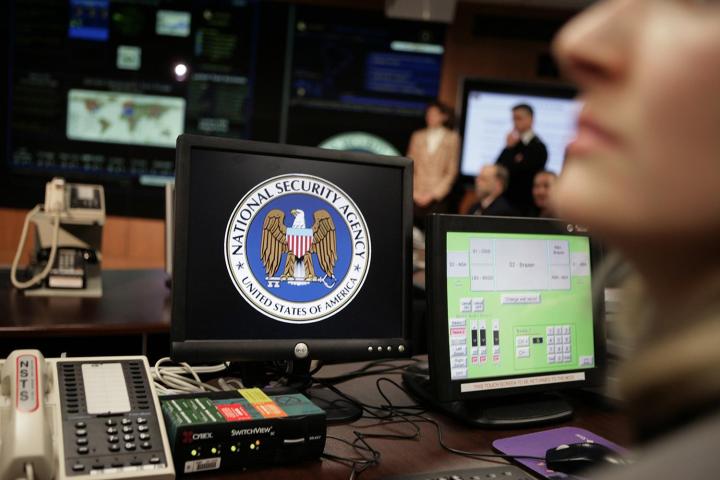
Things keep looking worse for the National Security Agency’s bulk collection of Americans’ telephone metadata, a program found this week to be illegal and ineffective by an independent government watchdog group. The Privacy and Civil Liberties Oversight Board, which Congress made independent in 2007, says the program should simply end.
In a 238-page report due for release Thursday, but leaked early to The New York Times and Washington Post, found that the NSA phone metadata collection, which operates under Section 215 of the Patriot Act and was unveiled in documents leaked by former NSA employee Edward Snowden, “lacks a viable legal foundation under Section 215, implicates constitutional concerns under the First and Fourth Amendments, raises serious threats to privacy and civil liberties as a policy matter, and has shown only limited value,” the report reads.
“As a result, the board recommends that the government end the program.”
According to the Post, the report goes on to admonish claims that the metadata collection has substantially reduced threats of terrorism.
“We have not identified a single instance involving a threat to the United States in which the telephone records program made a concrete difference in the outcome of a counterterrorism investigation,” the report reads. “Moreover, we are aware of no instance in which the program directly contributed to the discovery of a previously unknown terrorist plot or the disruption of a terrorist attack.”
The board’s finding of unconstitutionality and the lack of evidence that the Section 215 phone surveillance program effectively reduces terrorism echoes a recent ruling by a federal judge, who deemed the program “likely unconstitutional,” and found an “utter lack of evidence that a terrorist attack has ever been prevented because searching the NSA database was faster than other investigative tactics.”
The privacy board’s scathing assessment of the program comes during the same week as a major speech by President Barack Obama, who promised to “end the Section 215 bulk metadata program as it currently exists,” while voicing support for the program and the NSA employees who administer it. The president issued a directive to reduce the number of “jumps” from a terrorist target’s number to other phone numbers during “queries” of the metadata database from three to two. He has also begun investigating ways to effectively hand over phone metadata collection and storage away from the NSA and to a third party, though this transition has not yet taken place.
We will update this space with the text of the report when it becomes public.


